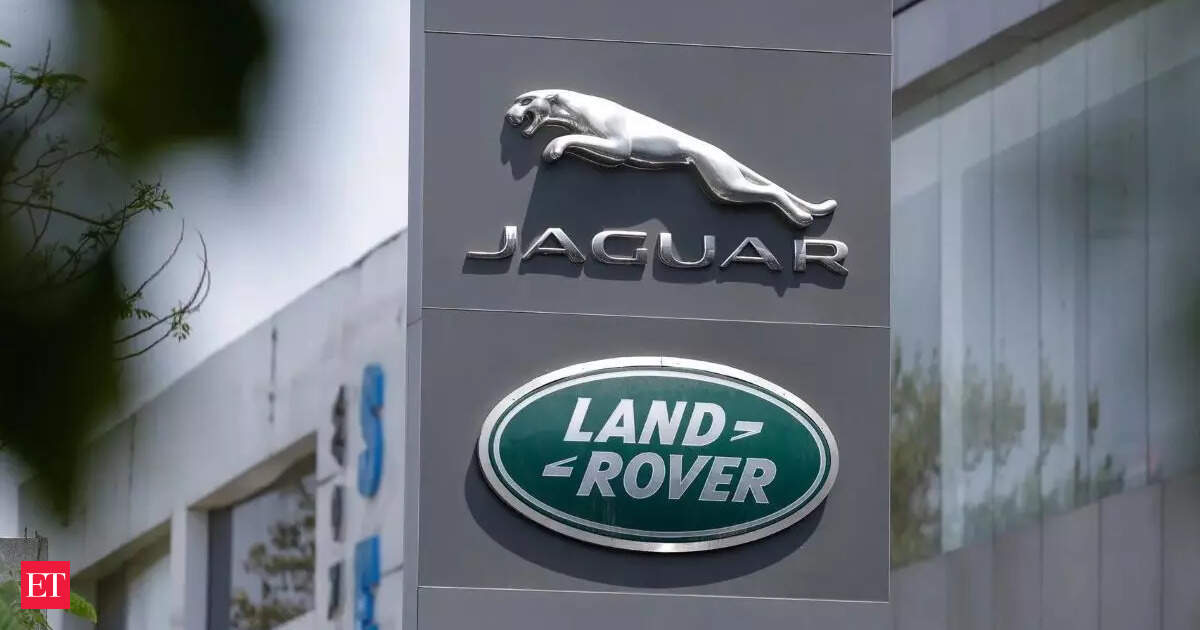Key Takeaways
- Jaguar Land Rover’s EV battery recycling project has received £8.1 million in UK government funding to recover critical minerals.
- The project is part of the £2.5 billion DRIVE35 programme aimed at transitioning to electric vehicles by 2035.
- The initiative will take place in the West Midlands over three years, with support from universities and industry partners.
Project Overview
An electric vehicle (EV) battery recycling initiative, supported by Jaguar Land Rover, has secured funding from the British government to extract valuable minerals from used batteries. The startup Mint Innovation announced this development, highlighting its alignment with the UK’s DRIVE35 programme. This programme, totaling £2.5 billion ($3.35 billion), aims to accelerate the transition to electric vehicles, especially as Britain plans to eliminate new petrol and diesel vehicle sales by 2035.
Importance of the Initiative
This recycling project is essential as global demand for electric vehicles has not met expectations, largely due to high initial costs that deter consumers. The UK government is backing efforts to innovate within the EV sector, with a goal of creating jobs and ensuring sustainability through reduced reliance on newly mined materials.
Funding Details
The initiative will be based in the West Midlands and is set to span a three-year period. Mint Innovation’s project has secured £8.1 million, with a significant portion, £4.05 million, derived from the government’s Advanced Propulsion Centre UK. Moreover, the DRIVE35 initiative includes a commitment of £2 billion for funding up to 2030 and an additional £500 million intended for research and development through 2035.
Expert Insights
Beth Johnston, an Assistant Professor at the University of Warwick, emphasized the project’s dual focus on delivering high-quality recycled materials while reducing dependence on virgin resources. This reflects a broader industry trend towards sustainability in the automotive sector.
Contextual Challenges
This development occurs amidst challenges for the UK automotive industry. Earlier this year, Britain eased requirements for automakers to shift towards electric vehicle production. Similarly, Jaguar Land Rover adjusted its fiscal forecasts due to a decline in global demand for automobiles, following earlier plans to establish a new $1 billion EV manufacturing facility in India, which were put on hold.
In summary, the collaboration between government, academia, and industry in the UK showcases a robust strategy toward enhancing electric vehicle sustainability through innovative recycling efforts. This project not only promises environmental benefits but also plays a critical role in the country’s economic transition towards electric vehicle adoption.
The content above is a summary. For more details, see the source article.















